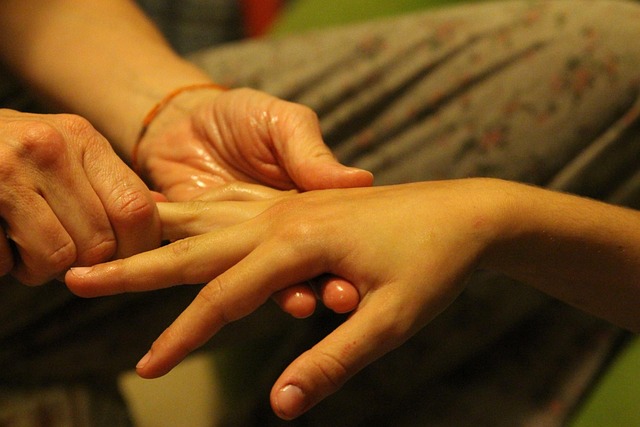Child welfare legal aid in Oregon is a vital safety net for families facing CPS cases, offering free or low-cost legal representation, court document assistance, and case management guidance from specialized attorneys. This support ensures fair and efficient case handling, ultimately benefiting children and families through positive outcomes. Non-profit organizations play a crucial role by providing accessible legal aid, empowering parents to navigate the complex system and make informed decisions about their children's welfare.
In Oregon, access to child welfare legal aid is crucial for ensuring the rights of children and families involved in welfare cases. This comprehensive guide delves into the intricate world of legal assistance tailored for child welfare matters. We explore how eligible individuals can navigate the system, understanding the various forms of aid available, including representation, advice, and court support. By shedding light on these resources, we empower parents, caregivers, and guardians to protect their rights and advocate for the best interests of children in need.
- Understanding Child Welfare Legal Aid in Oregon
- Eligibility and Types of Assistance
- Navigating the Process and Available Resources
Understanding Child Welfare Legal Aid in Oregon

Child welfare legal aid in Oregon is a critical resource designed to ensure that all children involved in welfare cases have access to justice and representation. This aid is specifically tailored to support families and guardians navigating complex legal proceedings, often during challenging and emotional times. The primary goal is to protect the best interests of the child while also respecting the rights of parents or guardians.
Oregon offers various services under its child welfare legal aid program, including free or low-cost legal representation, assistance with court filings, and guidance on case management. Eligible individuals can connect with qualified attorneys who specialize in family law and child welfare to help them understand their rights, navigate court processes, and develop strong legal arguments. This support is vital in ensuring that cases are handled fairly and efficiently, ultimately leading to positive outcomes for children and families.
Eligibility and Types of Assistance

In Oregon, child welfare legal aid is available to families involved in child protective services (CPS) cases. Eligibility for this assistance is determined by a combination of factors, including income level and the specific circumstances of the case. Low-income families, those facing charges of abuse or neglect, and individuals navigating complex legal processes are often eligible for free or low-cost legal representation. The goal of these services is to ensure that all parties have equal access to justice during child welfare proceedings.
Types of assistance include legal advice, representation in court, advocacy for parental rights, and support in negotiating settlements. Child welfare legal aid organizations employ attorneys specializing in family law and child protection, providing a comprehensive range of services tailored to the unique needs of each case. These aids are instrumental in helping families navigate the complex legal system, understand their rights, and advocate for the best interests of their children.
Navigating the Process and Available Resources

Navigating the complex landscape of child welfare legal aid in Oregon can be daunting for families involved in these cases. The process involves intricate procedures and a deep understanding of a child’s rights, parental responsibilities, and the state’s protective measures. Fortunately, various resources are available to assist parents or guardians who cannot afford legal representation.
Oregon offers a network of legal aid organizations specializing in family law and child welfare matters. These organizations provide free or low-cost services, ensuring that all parties have equal access to justice. They guide clients through the legal process, helping them understand their rights and options. From initial consultations to court representation, these resources aim to empower individuals to make informed decisions regarding their child’s welfare.
